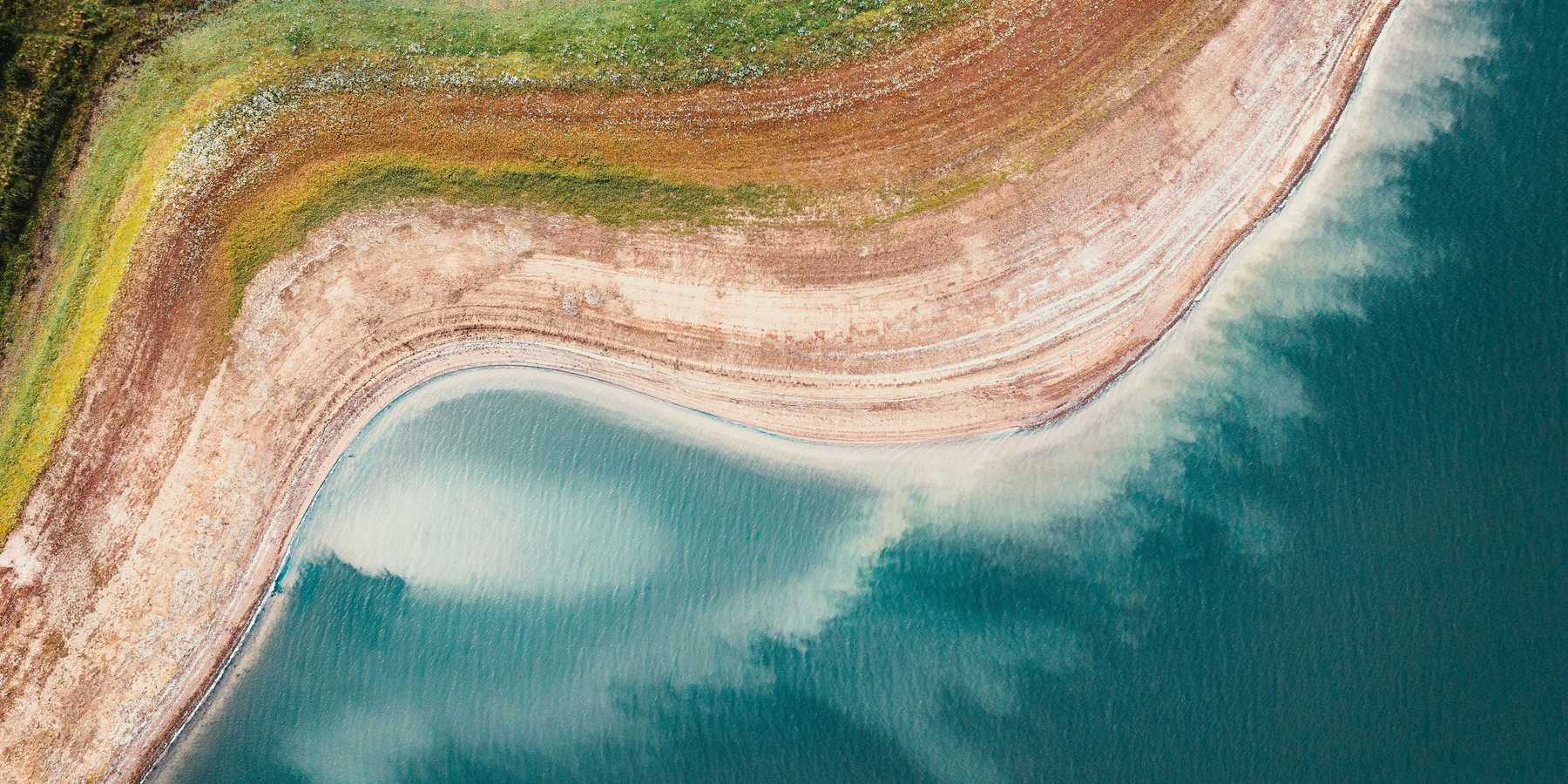Energy secretary calls net zero emissions goal unrealistic and harmful
U.S. Department of Energy Secretary Chris Wright condemned the goal of reaching net zero carbon emissions by 2050, calling it "sinister" and arguing that it imposes high costs without benefits.
Zack Budryk reports for The Hill.
In short:
- Wright, a former fracking executive, told a conservative policy forum that aggressively pursuing net zero has led to economic harm without meaningful environmental gains.
- He argued that net zero policies drive industry out of countries rather than achieving a real energy transition.
- Days before his remarks, Wright approved the first liquefied natural gas export project of the Trump administration, reversing a Biden-era policy pause.
Key quote:
“Net zero 2050 is a sinister goal, it’s a terrible goal.”
— Chris Wright, U.S. energy secretary
Why this matters:
Net zero policies have become a flashpoint in the debate over climate action, with advocates calling them a necessary step to curb global warming and opponents warning of economic fallout. By cutting greenhouse gas emissions — either through reductions or offsets — these policies seek to slow the rise in global temperatures, which scientists link to extreme weather, rising sea levels and widespread ecological disruption.
Yet resistance remains, particularly among industries and political leaders tied to fossil fuels. Critics argue that aggressive net zero mandates could lead to job losses, higher energy costs and economic instability, particularly in regions where coal, oil and gas remain dominant. The Trump administration took a starkly different approach, prioritizing fossil fuel production over emissions reductions, a stance that fueled further political divisions over climate policy.
Related: Trump’s energy secretary pick, a former fracking CEO, is confirmed













